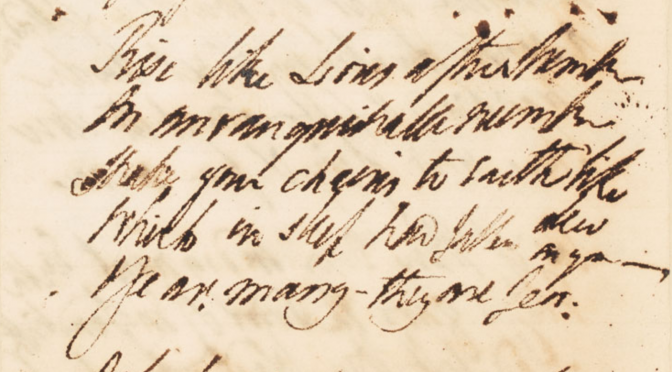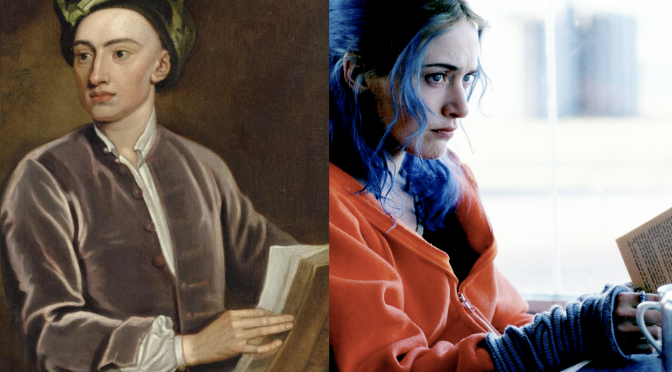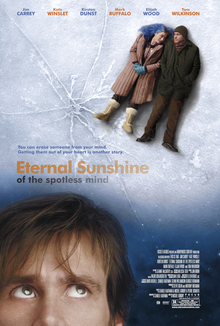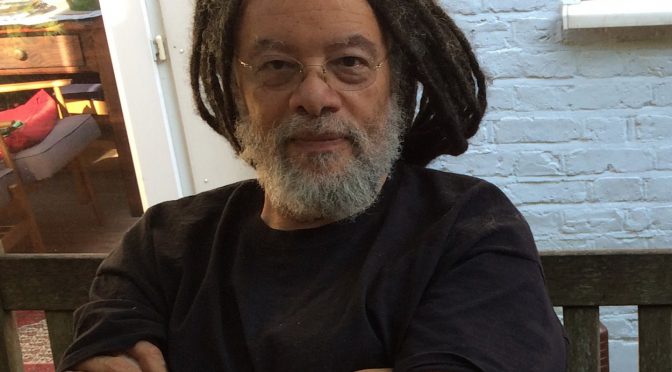by Ruth Padel, Professor of Poetry. Emerald, published by Chatto & Windus, is her 11th poetry collection.
“Never be afraid of saying you like poetry,” Jeremy Corbyn told thousands of people at Glastonbury in 2017, after reciting the end of Percy Bysshe Shelley’s ‘The Masque of Anarchy‘:
“Rise like lions after slumber … / Shake your chains to earth like dew … / Ye are many, they are few”.
Shelley wrote that poem – an apocalyptic vision of Britain’s destructive, corrupt, hypocritical rulers – after the Peterloo massacre in 1819, when the cavalry charged a peaceful crowd listening to speeches on parliamentary reform. Fifteen people died. “I met Murder on the way/ He had a mask like Castlereagh/ Very smooth he looked, yet grim;/ Seven blood-hounds followed him”.
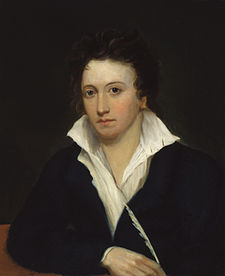
In the following stanzas, the foreign secretary, prime minister and lord chancellor of the day accompany Lord Castlereagh, the leader of the House of Commons, through the groaning land, along with Anarchy, Shelley’s name for capitalism. The procession is stopped by a young woman called Hope (who “looked more like Despair”), who lay down in front of the horses.
I learned about Corbyn’s endorsement of poetry in discussion with Shami Chakrabarti in a “poetry and human rights” event at King’s College London, part of a series that highlights poetry’s conversation with all aspects of life, public or private, political or scientific. Continue reading In troubling times, it’s best to turn to your inner poet

